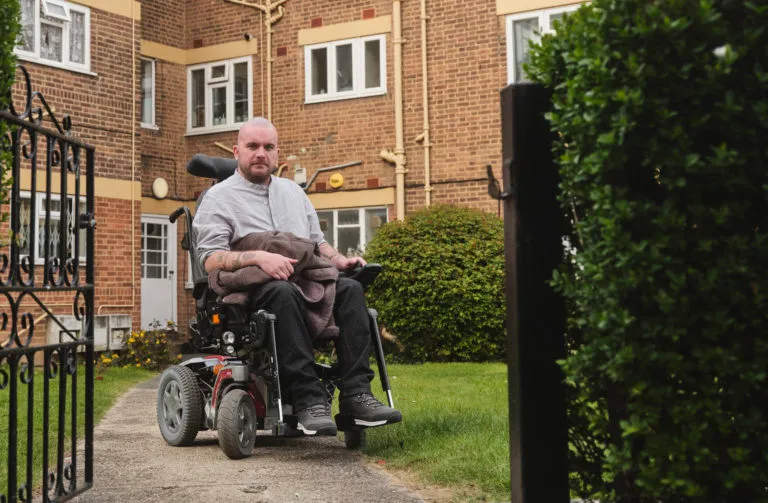Rental reform is coming — and it’s good news all round
Published: by Ruth Ehrlich

Yesterday, the government finally published the long-awaited private renting White Paper. The Paper sets out what will be included in the Renters’ Reform Bill, and the government’s broader vision for the private rented sector. And here’s a spoiler: it’s good news for renters.
The White Paper is a whopping 86 pages long, and it’s packed with policy proposals that promise to level the playing field between landlord and tenant and make the private rented sector a fairer place to live. Here are a few key campaign wins that need shouting from the rooftops.
-
Section 21 ‘no fault’ evictions will be scrapped. We’ve been calling for these unfair evictions, where a landlord can evict a tenant with just eight weeks’ notice without giving a reason, to be abolished for years. It’s an outdated practice that should have been consigned to the history books long ago.
-
A register of landlords will be introduced. The new property portal will professionalise landlords and drive up standards, by requiring them to be registered in order to rent out properties. This will allow local authorities to take action against those landlords who flout the law, and give tenants better consumer choice when renting a property.
-
Blanket bans against benefit claimants will be made illegal. We’ve campaigned for years, and proved that DSS discrimination is unlawful as it’s indirect discrimination, and today’s announcement means the practice will be banned outright.
These are major wins, and a direct result of tireless campaigning from renters and organisations across the country. And while these big wins will be taking centre stage, there’s a whole host of other exciting policy announcements in the detail. Here’s a bit more on what renters can look forward to once these proposals become law.
-
Renters will benefit from the flexibility of open-ended tenancies as standard. Gone will be the days of signing a fixed-term contract, only to discover that the property has a serious mould problem the landlord forgot to mention and then being locked in until the end of their contract. But that doesn’t mean they can just be kicked out for no good reason – landlords will have to give renters a valid notice for a valid reason.
-
The Decent Homes Standard, which sets the minimum standard that properties need to comply with, will be extended to the private rented sector. Landlords will legally have to make sure their properties meet this standard. If they don’t, they could face hefty financial penalties.
-
A Private Rented Ombudsman will be set up to allow renters to hold their landlords to account when they fail to meet their legal obligations, such as letting the tenant live peacefully in the property or carrying out repairs. But crucially, this ombudsman will have teeth. They will be able to force landlords to take action and issue fines of up to £25,000. If the landlord fails to comply, they could be banned from being a landlord.
-
Landlords will have to consider a tenant’s request to have a pet. We know how important our furry friends are to a happy and healthy home, so we’re pleased to see measures that will make it easier for tenants to keep a pet – though, with a likely amendment to the Tenant Fees Act, it might come at a cost.
While there’s lots to celebrate, there are a few details we are still waiting for, like the evidence landlords will need to provide in order to evict people, and whether or not the government is going to fund these proposals. We know that local authorities have been operating on a shoestring budget for a long time, and if they’re going to crack down on bad landlords, they’re going to need the resources to do it.
The government must now deliver on their promises and bring them into law as soon as possible so that every private renter has long-term security in their home and the power to assert their rights.
Before the summer break, the Prime Minister must tell us when the Renters’ Reform Bill will become law. Sign a postcard to the Prime Minister and ask him to put a date in renters’ diaries.